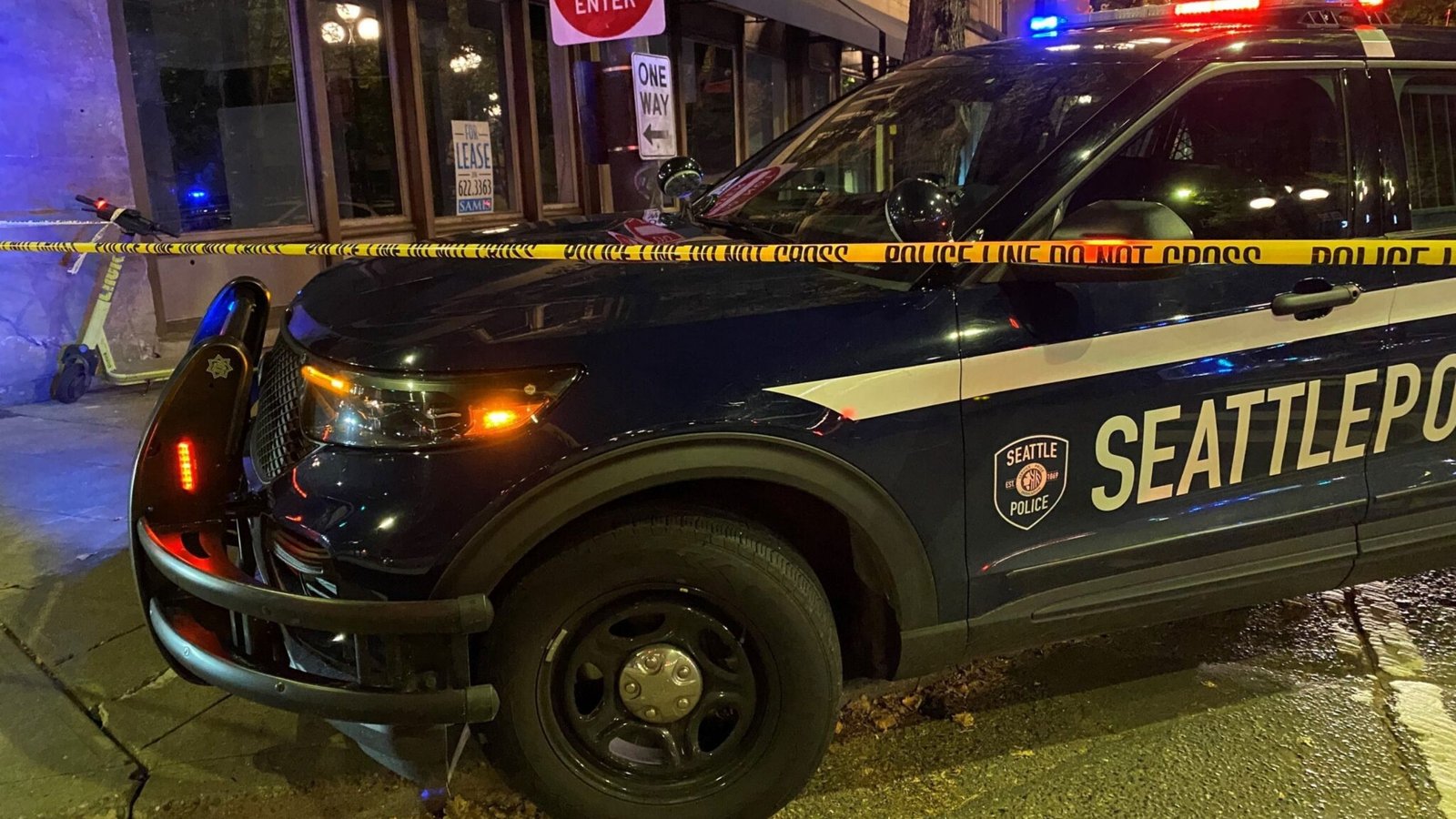In a shocking revelation, 911 audio recordings have unveiled a distressing incident where Seattle police permitted a domestic violence suspect to escape with the victim still in the vehicle, all due to a law passed by Washington’s Democratic-controlled state legislature that significantly restricts police pursuits. According to audio obtained by Safe Seattle, a harrowing incident unfolded last June when a Seattle woman made a desperate 911 call after her boyfriend allegedly began threatening her with physical violence. The call remained connected, capturing the boyfriend’s alarming outburst.
The victim, whose identity is being protected, can be heard in the recording pleading to be released from her boyfriend’s grasp so that she can reach her child. In a deeply distressing turn of events, the boyfriend proceeded to threaten her with physical harm, even going as far as threatening to “put her to sleep” if she made any attempt to escape.
During the call, the boyfriend forcibly moved the victim to his vehicle and drove away, with the woman’s phone still connected to the 911 operator. However, the identity of the driver remains unclear.
911 dispatch swiftly dispatched a unit to follow the vehicle, a task made feasible through the phone’s GPS locator.
The recorded audio captures the wailing sirens, presumably following the vehicle. The vehicle eventually comes to a halt, and an officer employs his PA system to instruct the driver to turn off the engine. Regrettably, the driver refused, and the boyfriend can be heard urging the woman to speed away recklessly, likely knowing that under Washington state pursuit laws, the officer would be unable to continue the chase.
During the victim’s distressing 911 call, she can be heard sobbing while the boyfriend berates her, insisting that she keep driving and placing blame on her for the limited police pursuit.
Thankfully, the woman was eventually located safe in her apartment by the police, responding to a request from the victim’s mother.
The incident sheds light on the consequences of Washington’s HB201, enacted in 2021, which heightened the standards for police pursuits and stops, elevating the threshold from “reasonable suspicion” to “probable cause” that the driver had committed a serious crime. This legislation led to a surge in suspects fleeing from the police, knowing that they would not be pursued. While the law was modified to some extent, officers expressed reluctance to pursue vehicles unless they personally witnessed the driver committing a serious crime, apprehensive of potential repercussions from elected officials who opposed law enforcement’s efforts to combat crime.
Furthermore, the Seattle Police Department (SPD) had previously imposed a ban on all pursuits unless the officer possessed specialized training. At the time of the ban’s implementation, numerous officers lacked the necessary training, and it could take months before they were adequately prepared. In response to these developments, an SPD spokesperson stated that officers and supervisors must carefully assess the risks to individuals against the necessity to apprehend a fleeing vehicle, and they are encouraged to explore alternative approaches to pursuits.



































